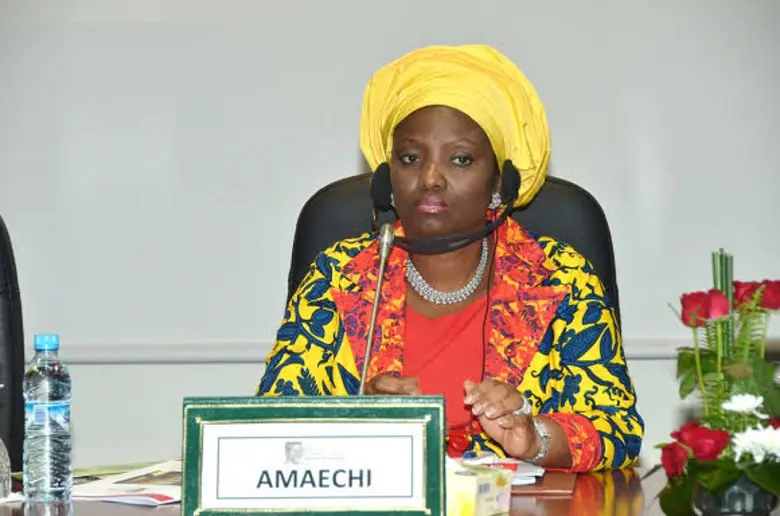The wife of Nigeria’s former Transportation Minister, Dame Judith Amaechi, has strongly denied accusations by Nyesom Wike, the Minister of the Federal Capital Territory (FCT), that she received 4 billion naira (approximately $2.6 million) monthly from the Niger Delta Development Commission (NDDC) for women’s empowerment programs. Describing the claims as “absurd and baseless,” her spokesperson dismissed the allegations as politically motivated while emphasizing her organization’s focus on youth and women’s development in the Niger Delta.
The public dispute stems from a recent interview in July 2025, where Wike alleged that Amaechi—through her non-profit, the Empowerment Support Initiative (ESI)—collected 48 billion naira (about $31.2 million) over 12 months from the NDDC, an agency tasked with fostering economic growth in Nigeria’s oil-rich but underdeveloped Niger Delta. Wike further claimed she had been implicated in a corruption probe linked to the commission, though no official audit findings have been publicly released.
In a sharply worded rebuttal, Amaechi’s spokesperson, Dike Bekwele, clarified that ESI’s collaboration with the NDDC involved jointly funded initiatives for skills training and entrepreneurship, including support for small businesses. “Dame Amaechi has never received individual payments of such magnitude,” Bekwele stated, calling Wike’s assertion “a figment of his imagination.” He challenged the minister to disclose any forensic audit report substantiating the indictment claims, noting that no such document has been shared with the public.
The feud highlights longstanding tensions between Wike and Judith’s husband, Rotimi Amaechi, a former governor of Rivers State who served from 2007 to 2015 before Wike assumed the same role for eight years. Both political figures have repeatedly clashed over accusations of financial mismanagement and power struggles, with this latest exchange underscoring their fractured relationship.
Observers note the NDDC’s troubled history of corruption allegations, making transparency a recurring public demand. The commission’s forensic audit, ordered in 2019 by President Muhammadu Buhari to probe misappropriated funds, remains unpublished, fueling skepticism among critics. Amaechi’s camp has framed Wike’s claims as an attempt to tarnish her reputation amid Nigeria’s politically charged climate.
While Wike has yet to respond to the challenge to release the audit details, the controversy has drawn attention to the broader issues of accountability in developmental funding and the personal rivalries often shaping Nigeria’s political discourse. Analysts stress the need for verifiable evidence to resolve such disputes, particularly given the Niger Delta region’s urgent socio-economic needs.
